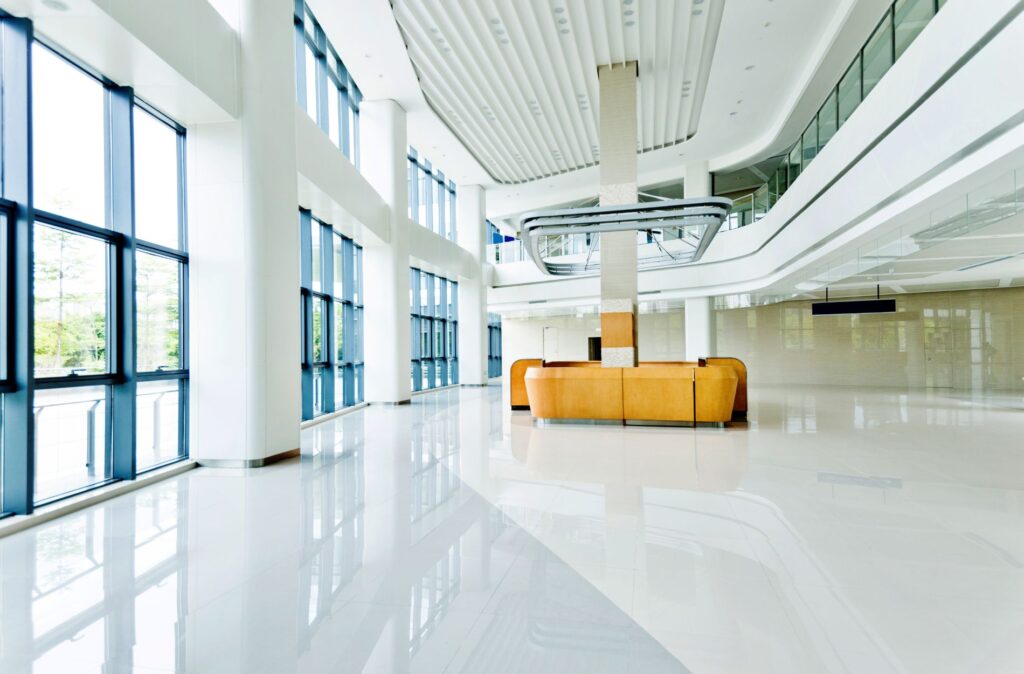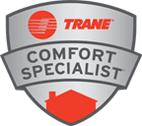Newly constructed buildings often contain a high level of airborne pollutants. These can include dust, chemical fumes, and other contaminants released during construction. Despite new buildings having modern ventilation systems, these airborne particles can still circulate and affect indoor air quality. As a result, air purifiers become essential for maintaining a healthy environment.
Why Newly Constructed Buildings Need Air Purifiers
Newly constructed buildings face unique challenges when it comes to indoor air quality. During construction, various materials release pollutants like dust, chemical fumes, and volatile organic compounds (VOCs). Even after construction is complete, these contaminants can remain in the air and negatively affect the health of occupants. Poor air quality can lead to respiratory issues, allergies, and long-term health problems.
Air purifiers are essential in new buildings to address these concerns. They actively remove pollutants from the air, ensuring a cleaner and healthier environment. This is particularly important in spaces where people spend extended periods, such as homes, offices, and commercial settings. Clean air is crucial for productivity, comfort, and overall well-being.
Without air purifiers, the HVAC system may struggle to maintain good air quality. Filters in HVAC systems are generally designed to trap larger particles but might fail to capture finer pollutants. Air purifiers complement these systems by targeting and eliminating smaller particles than standard filters might miss. This comprehensive approach helps optimize air quality and supports the efficient functioning of heating and cooling systems.
Types of Air Purifiers Suitable for New Constructions
Selecting the right air purifier for a newly constructed building is crucial to ensure optimal air quality. Several types of air purifiers can meet the specific needs of new constructions:
1. HEPA Filters: High-Efficiency Particulate Air (HEPA) filters are excellent at trapping small particles like dust, pollen, and pet dander. They are especially useful in new buildings where construction dust is prevalent.
2. Activated Carbon Filters: These purifiers are effective at removing odors and VOCs. Buildings that use a lot of paints, adhesives, and other chemicals during construction benefit significantly from activated carbon filters.
3. UV Air Purifiers: Ultraviolet (UV) air purifiers employ UV light to kill bacteria, viruses, and mold spores. They are particularly beneficial in maintaining a sterile environment, which is essential in commercial settings like medical offices.
4. Ionizers: These devices release negative ions that attach to pollutants, causing them to fall out of the air. Ionizers can effectively reduce airborne particles and improve air quality.
5. Hybrid Systems: Combining multiple technologies, hybrid systems offer comprehensive air purification. They can include HEPA filters, UV lights, and activated carbon filters to tackle all types of contaminants.
Choosing the right type of air purifier depends on the specific needs of the newly constructed building. Our professionals can assess the building and recommend suitable air purification systems to ensure a clean and healthy environment. Proper installation and integration with existing HVAC systems are crucial for optimal performance and efficiency, ensuring that your new building offers the best air quality possible.
Benefits of Integrating Air Purifiers with Existing HVAC Systems
Integrating air purifiers with existing HVAC systems offers multiple advantages. One primary benefit is enhanced air quality. By working together, air purifiers and HVAC systems can more effectively remove contaminants from the air. This collaboration ensures that the indoor environment remains free from dust, pollen, and VOCs, which are common in newly constructed buildings.
Another advantage is improved energy efficiency. When air purifiers handle the fine particles, the HVAC system can focus on maintaining the desired temperature without getting clogged by dust and debris. This reduces the strain on HVAC components, extending their lifespan and lowering maintenance costs. Energy efficiency leads to cost savings, as well-maintained systems consume less energy to operate.
User comfort is also significantly improved. Occupants in buildings with integrated air purification and HVAC systems experience fewer health issues related to poor air quality, such as allergies or respiratory problems. Clean air enhances overall well-being and productivity, making it a valuable investment for any new construction. Our professionals can integrate air purifiers seamlessly with your existing HVAC systems, ensuring you receive all these benefits efficiently.
Maintenance Tips for Long-Lasting Air Purifier Efficiency
To ensure that your air purifiers remain effective over time, regular maintenance is essential. Here are some maintenance tips to help you keep your air purifiers running efficiently:
1. Regular Filter Replacement: Air purifiers rely on filters to trap contaminants. These filters can become clogged over time, reducing the purifier’s effectiveness. It’s important to replace them according to the manufacturer’s recommendations or sooner if needed.
2. Cleaning the Unit: Dust and debris can accumulate on the air purifier unit itself. Wipe down the exterior regularly and check for any blockages in the intake and outflow areas.
3. Inspecting for Damage: Periodically check for any signs of wear or damage, such as cracks or leaks. Address these issues promptly to prevent any loss of function.
4. Monitor Air Quality: Use an indoor air quality monitor to keep track of pollutant levels. This can help you determine if your air purifier is working effectively or if it needs maintenance.
5. Professional Servicing: Schedule regular check-ups with our technicians, who can perform thorough inspections and necessary repairs. Professional maintenance ensures your air purifiers are in optimal condition and can identify potential issues before they become major problems.
By following these maintenance tips, you can ensure long-lasting efficiency from your air purifiers. Regular upkeep not only extends the life of the units but also guarantees continued high air quality, protecting the health and comfort of building occupants.
Conclusion
Maintaining excellent indoor air quality in newly constructed buildings is essential for the health and comfort of occupants. Air purifiers play a significant role in eliminating contaminants that can linger even after construction is completed. Integrating air purifiers with existing HVAC systems enhances energy efficiency, prolongs system life, and ensures cleaner air.
Regular maintenance, including filter replacement and professional servicing, is key to the long-term effectiveness of air purifiers. By taking these steps, you create a safer and more comfortable environment for everyone in the building.
Ensure your newly constructed building has optimal air quality with the right air purifiers in Arlington, TX. Contact Cool Tech Mechanical today for expert assistance.







